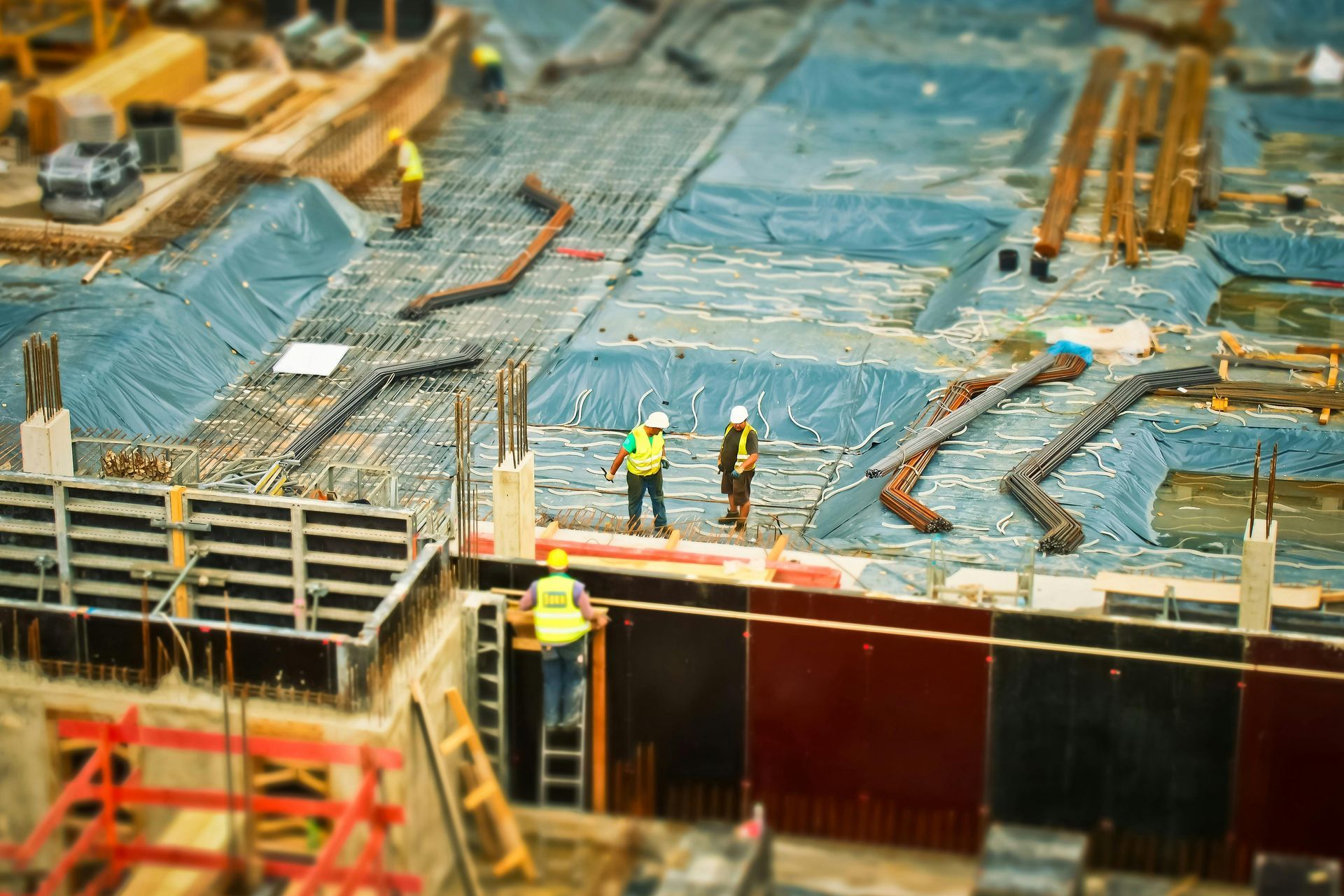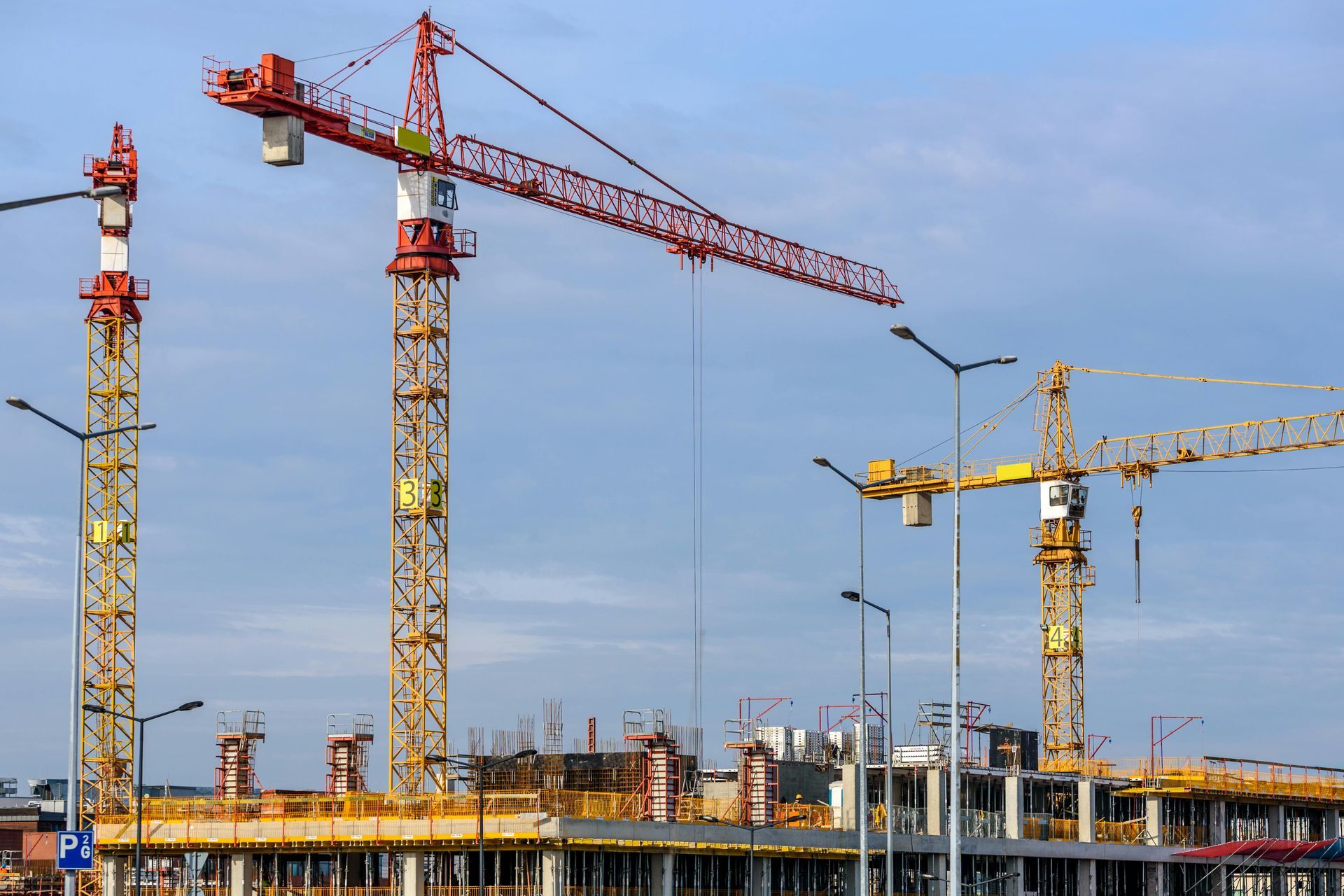Mediation Case Studies
Gordon shares his International Mediation Experience
Large-scale international dispute resolution successes

CASE STUDY:
EARLY TERMINATION OF A MAJOR INFRASTRUCTURE PROJECT
-
READ CASE STUDY
Here's a clear presentation of a situation in which I served as the advocate for the respondent in a mediation case focused on the early termination of a tunnelling contract. This mediation, which took place in London, involved both Thai and British parties.
On the first day, unfortunately, we did not achieve any progress, and the parties’ stances remained unchanged. However, on the following day, we witnessed some progress, as the Claimants agreed to reduce their initial claim from £30 million to £12 million. In response, the respondent party made a counteroffer amounting to £1m, an amount that, according to them, represented their legal cost for a short arbitration. Despite these developments, the mediation did not lead to a resolution at that stage.
The Mediator initiated a communication strategy by which parties agreed to keep in touch via regular phone calls in turns. After a period of 10 days, I was given the directive to propose a full and final settlement of £2.89 million, an offer that was welcomed, and the case was resolved.
Here's the key lesson learned: Mediation presents parties with a fresh perspective on negotiation strategies. Even if a resolution is not found on the day of the mediation, there's often a settlement shortly afterwards.

CASE STUDY:
MIDDLE EASTERN
$MULTI-BILLION DELAYS
-
READ CASE STUDY
In a major Middle Eastern project that saw a dispute arising out of a US$1bn disagreement, the stand-off was caused by typical variations, liquidated damages, and a failure to issue a time extension. This large-scale undertaking was completed five years behind schedule and overshot the initial budget by three times.
The disputing parties involved a government-affiliated employer and a local and foreign consortium of well-known construction firms. An unsigned contract, which was left hanging until four years into the construction, when 65% of the work was already done, further complicated the situation. Even worse, 80% of the work had been carried out by around 15 appointed contractors, most of them without a contract, causing disputes to abound and be rampant.
Neither the unsigned contract nor any letters of intent truly reflected the administered contractual agreement, making it challenging to establish a standard for assessing both parties' performance and behaviour. The central issue was traced back to a premature design and an overwhelming number of changes, requests, and unrecorded changes.
Local courts and laws, despite functioning predominantly in Arabic, had to handle disputes, a challenging task given the scope and complexity of the claims, especially when the documents involved exceeded 5 million pages (including drawings), all written in English.
I took up the role of chief mediator, leading a team of 10 professionals, including engineers, surveyors, commercial specialists, and planners, to resolve the predicament. The team later expanded to encompass 23 members, featuring additional disciplines like architecture and piling.
The main cause of delay was identified as a multitude of site issues and non-linear programming, with an average of 30k daily recorded activities. Poorly outlined contract risks and shortcomings in contract administration were also contributing factors. Additionally, records, if available, were blurry or missing seven years after the project's launch, with the final account TOC still up for debate three years after the work's completion.
An evaluative mediation process was undertaken where a universally agreed analysis tool was utilised. This process led to a much-needed dialogue between the parties, and although conflict was inevitable, a resolution was found, settling the dispute at the 19th month of mediation. Notably, both parties continued their collaboration on an ensuing project, signifying a successful resolution.

CASE STUDY:
$160MILLION AND A SUSPENDED MIDDLE-EASTERN PROJECT
-
READ CASE STUDY
This case study explores a conflict between a prominent South Asian Main Contractor and a Japanese Construction Company responsible for a significant part of the project's construction. These two parties had a rich history of collaboration and plans for future ventures.
The issue arose over a disputed amount of US$60M on a stalled Middle Eastern project, which had led both parties to contemplate arbitration. However, several practical steps needed to be taken before initiating the mediation process.
I, the mediator, engaged with the two chief executives in a separate room to address cultural discrepancies and provide guidance on the proceedings. Each executive was given time to brief their teams and foster understanding.
Party A, comprising of 19 senior executives, spent the day presenting their case. Conversely, Party B, a local team, presented their case over the course four hours on the next day. However, the mediation process was temporarily suspended on the third day as the proposals from both parties were too divergent to reach a compromise.
I arranged a final meeting between the top decision-makers that lasted over three hours but ended without any progress. I advised the decision-makers to maintain contact and engage in informal chats at least weekly, covering any topic from football to the weather.
Key takeaway:
Two months post-mediation, the dispute was resolved. I consider any dispute settlement within three months of a mediation meeting successful, particularly advantageous for the involved parties.





